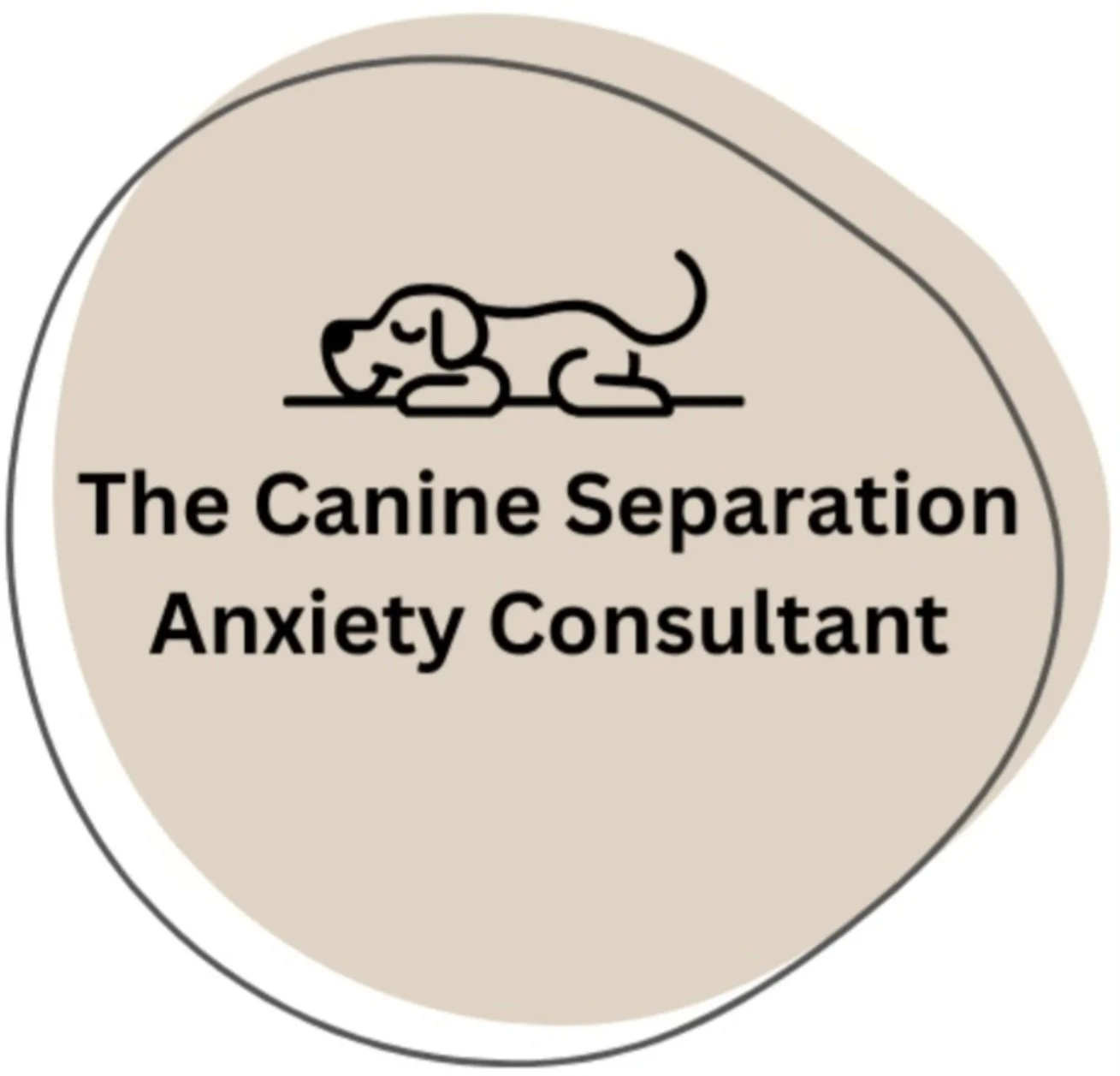Why Working with a Dog Trainer Should Be Your First Step, Not Your Last Resort
When a behavioural problem appears, it’s easy to think you can sort it yourself. You know your dog best, after all. Maybe you try to piece together advice from Google, YouTube, or online groups. Reaching out to a dog trainer can often feel like a last resort, something you only do when you’ve run out of options.
But the truth is, getting professional help early on can save you a huge amount of time, stress, and frustration. This is especially true when it comes to complex emotional issues such as separation anxiety.
Why Asking for Help Can Feel Like Failing
For many dog owners, contacting a trainer feels like admitting defeat. You might find yourself thinking, “I should be able to fix this,” or “I must have done something wrong.” But asking for help isn’t failure, it’s the best thing you can do for your dog.
Behavioural struggles like separation anxiety aren’t caused by a lack of love, effort, or skill. They’re emotional responses rooted in fear and insecurity. A separation anxiety dog trainer can help you see your dog’s behaviour for what it truly is, not disobedience, but distress that needs calm, structured support.
The Real Barriers: Cost, Time, and Doubt
It’s normal to worry about the cost or time commitment of working with a trainer. You might wonder if it’s really worth it, or even if anyone can actually help.
But here’s the truth: working with a professional usually saves time and money in the long run. Without clear guidance, it’s easy to spend months trying different methods that don’t work, or that unintentionally make things worse. Trainers who specialise in separation anxiety training understand the process inside out. They know how to design a plan that fits both your dog’s needs and your lifestyle.
Why Working with a Trainer Matters
Here’s what professional support really brings:
1. Specialist Knowledge and Insight
A trainer who focuses on separation anxiety understands how anxiety develops and how dogs learn to feel safe again. That specialist focus allows them to spot subtle signs of stress or progress, adjust your plan as needed, and ensure that every step you take builds your dog’s confidence and independence.
2. A Second Pair of Eyes
When you live with your dog’s anxiety every day, it’s easy to miss the small details that can make a big difference. Having a separation anxiety dog trainer observe your sessions and provide feedback brings clarity and reassurance. They can spot patterns you might overlook and guide you toward more effective, confidence-building progress.
3. Structure and Accountability
It’s hard to stay consistent when emotions are high. Having a trainer in your corner keeps you on track, helps you stick to a realistic plan, and ensures you’re always moving forward. When things feel tough, that accountability makes all the difference.
4. It’s More Than Just “Leaving for Longer”
Separation anxiety training isn’t simply about walking out the door a bit more each day. A trainer helps you understand the full picture, how things outside of training, like daily routines, rest, or stress levels, can affect how your dog copes. They’ll make sure your plan works in harmony with your dog’s overall wellbeing, not against it.
5. Long-Term Time Savings
Professional guidance means fewer setbacks, less confusion, and faster results. Instead of endless trial and error, you’ll follow a clear, evidence-based path, saving you time, stress, and heartache.
Building Independence with the Right Support
Successful separation anxiety recovery is about teaching your dog to feel safe when alone, not just tolerating it. A separation anxiety dog trainer will help you gradually build your dog’s independence and confidence through consistent, calm practice.
You’ll learn how to read their body language, how to pace the training, and how to adapt when things don’t go to plan. With the right support, what once felt overwhelming becomes manageable, and even rewarding.
In short: Don’t wait until you’re at your wits’ end. Reaching out to a professional isn’t a last resort, it’s one of the best investments you can make for your dog’s emotional wellbeing and your own peace of mind.
Ready to Get Started?
My 1 to 1 separation anxiety training programmes provide compassionate, tailored support for both you and your dog. Together, we develop a clear, achievable plan that builds confidence and creates lasting change.
If you would like to discuss your dog’s separation anxiety in more detail, you can book a free call with me. We will talk through your dog, the training you have tried so far, and how I can best support you moving forward.
